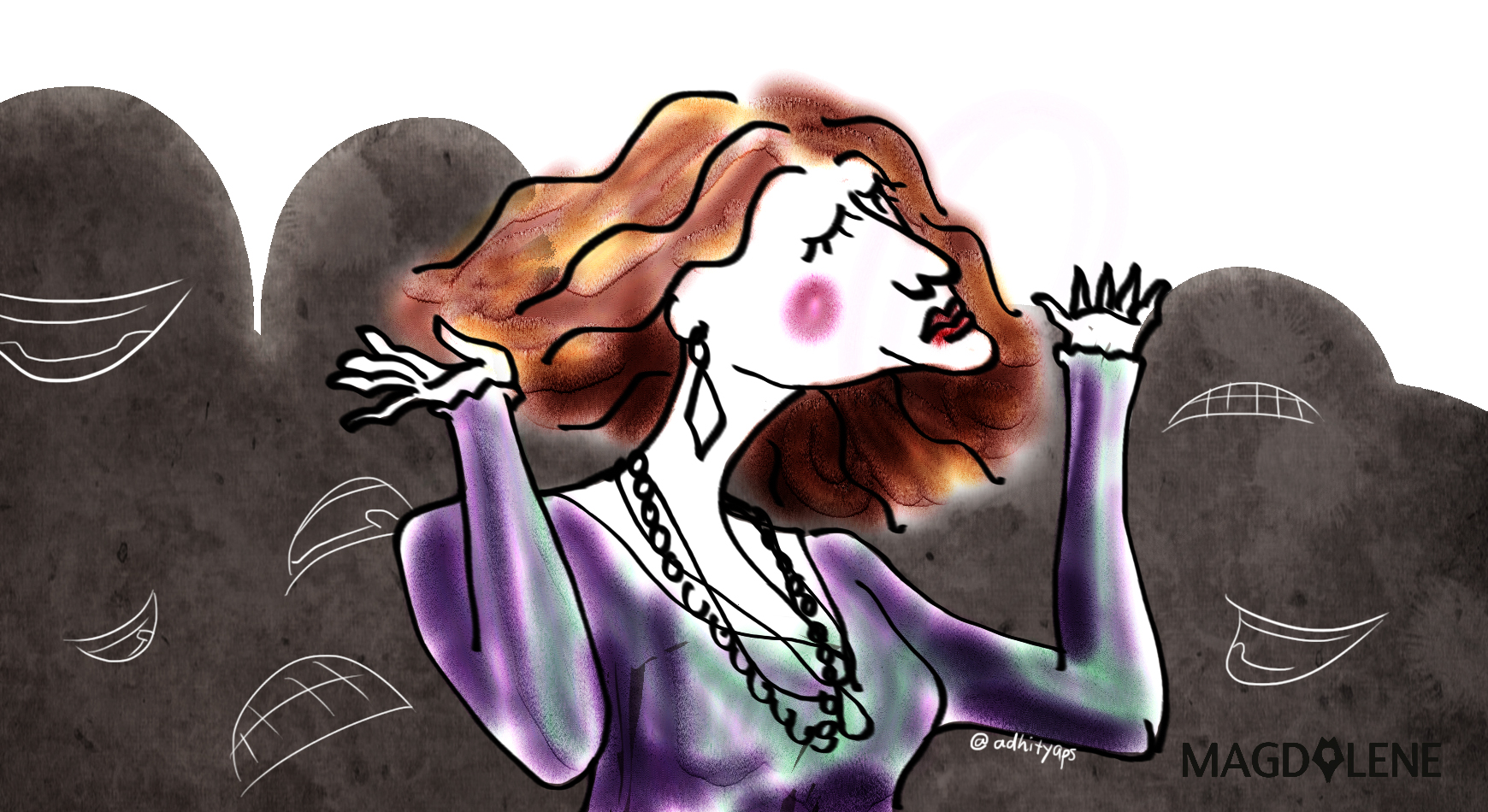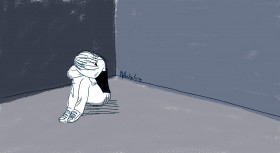Increasing religious and social conservatism has increased the vulnerability of some minority groups, and one of the worst-targeted among them is the transgender community, whose members are commonly discriminated in education and work place.
At a public consultation held by the National Commission on Violence against Women (Komnas Perempuan) last week, Commission Head Azriana acknowledged that there are growing discriminations against people based on sexual orientation, gender identity, expression and body, or what is commonly known as SOGIEB.
“The politicization of identity in the name of religion, morality, culture, and political interest has become stronger, especially in the forms of discriminative policy, intolerance, and abuse,” Azriana said.
This is reflected in some recently issued regulations. Last year, the Indonesian Broadcasting Commission (KPI) bans expression based on SOGIEB on television. In the same year in the district of Bireun in Aceh, the local Sharia Office issued a prohibition on employing transgender people in beauty salons.
“We have sent a statement of objection to the Head of the Sharia Department in Aceh regarding their regulation that prohibits transgender people from working in beauty salons. By doing so the government is responsible for causing impoverishment, as it cuts off transgender people’s access to a proper job,” Azriana said.
The transgender community is already vulnerable since they mostly have inadequate education level and are equipped with only limited skills. Cutting them off from the opportunity to work in a beauty salon means taking their only remaining hope for a decent livelihood.
Said Kanzha Vina from Sanggar Waria Remaja (SWARA), a transgender organization and support group: “People only look at transgender group with hatred and prejudice.”
“Waria has never had a proper place in the community; we barely have access to education and work,” she said, referring to the Indonesian word for trans woman.
“We really hope that together with Komnas Perempuan we would be able to end violence as well as create a diverse and inclusive society without having to fit everyone into boxes,” she added.
There are only limited possible professions for transgender men in Indonesia, she said. Most transgender men are either beauty salon employers, buskers, or sex workers. Improving the access to education for transgender youth is then crucial.
“In 2014, SWARA found that out of 224 transgender individuals coming from 17 provinces who seek support from us, up to 47 percent graduated from middle school, 42 percent high school, 9 percent primary school, and only one person successfully obtained a Bachelor Degree,” she said.
Transgender individuals face tremendous difficulties because everywhere they are, they face tight scrutiny.
Vina said that many transgender youth experienced violence in various forms. Asides from being physical abused, many are forced to repent, or even thrown out of their own homes by their parents. The youth are prone to being the target of bullying by their peers and abuses by hardline religious organization.
On top of these are the legal discriminations imposed by the government and the local governments.
“Jakarta has the Regional Bylaw No.8/2007 on public order that categorizes waria as a disturbance to public order. Similarly, Yogyakarta also has the Regional Bylaw No.1/2014 that persecutes street singers, including waria. We barely survive, and, still, our very existence is criminalized,” she added.
Currently, there is an ongoing petition to criminalize transgender people proposed by conservative group the Family Love Alliance (AILA).
“We all need to keep in mind that if the court grants the conservative groups’ demands , I would never be able to stand here, and you will never see us transgender people ever again outside prison,” she said.
To improve the plight of the transgender community in Indonesia, SWARA’s recommendation to Komnas Perempuan included:
- Starting a non-binary conversation on gender-based violence, so that the mainstreaming of SOGIEB could be a base value to enforce gender equality
- Encouraging Service Forum for Violence Victims (FPL) to be more SOGIEB-sensitive, so that it could be a productive support for transgender communities who experienced abuse
- Encouraging the government, especially the Ministry of Education and Culture, to focus on the principle that “education is the right of every citizen,” so that bullying in any form that discriminates against a certain gender can be handled and prevented
“Our constitution guarantees the rights for education, the rights for a place to live in, and for a proper job for everyone in Indonesia, but those things remain inaccessible for us, transgender people,” she added.
Read Ayunda’s piece on the legality of a petition filed by a conservative group to outlaw sex outside of marriage.








Comments